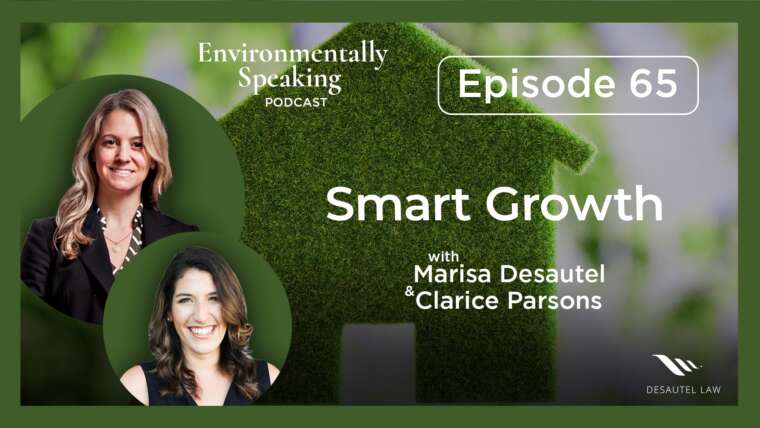Public Hearing August 11 @ 6:30 p.m. Metcalf School
30 Nooseneck Hill Rd, Exeter, RI 02822
What’s being proposed?
A new Controlled Environment Agriculture (CEA) zoning ordinance has been written by a developer (RI Grows LLC) to allow industrial greenhouses and utility scale solar development in residential zones. If the zone change is approved, there will be no ability for the public to comment or object if a development is proposed for your neighborhood. One project planned for Schartner’s Farm will be one million square feet with an additional 13 acres of solar. This is larger than the Warwick Mall. Other developers could also build massive projects all across Exeter if passed.
What’s Controlled Environment Agriculture (CEA)?
CEA grows plants without soil using hydroponics. This is high tech industrial plant production that can operate 24/7 year round. The building will have packing, shipping and administrative offices. CEAs already built in MA and RI are located in manufacturing zones since they don’t need farm soils.
A couple of key points to consider:
-
- Exeter’s tax base will not be improved: Greenhouses are exempt from paying any property taxes and solar is also tax limited by state law. It’s not likely developers will voluntarily pay taxes, nor can it be enforced even if they say they will do it.
- Exeter’s planning board opposes the proposed ordinance change: The Exeter Planning Board determined that the CEA ordinance is not consistent with the comprehensive plan or the purposes of Exeter’s zoning ordinance. Per State law, zoning must be consistent with our comprehensive plan.
- CEA will not preserve farms: Farms are not preserved by developing them. Once prime agricultural soils are developed with solar, buildings, parking lots and concrete foundations they can’t be used by future generations as farms. This ordinance will also encourage the loss of forests for solar or greenhouses.
- The CEA ordinance will allow large solar developments on residential parcels five acres and larger.
- Exeter currently restricts utility scale solar to industrial zones: The CEA ordinance will override the current solar ordinance and allow large solar developments on residentially zoned parcels five acres and larger all over Exeter. The Exeter Planning Board determined the proposed CEA ordinance is vague and unenforceable. There’s also a huge loophole that allows the solar to be built before the greenhouses, which may never get built.
- Farmers are currently allowed to have solar: The existing solar ordinance allows solar in residential zones up to five acres. Therefore all landowners, including farmers, are eligible to have some solar with responsible limits to protect the rights of adjacent property owners and community character.
- Most of Exeter, like all towns, is zoned for residential development: If Exeter changes the zoning every time a developer threatens to build new homes, there would be a mix of incompatible and conflicting land uses that will negatively impact property values and drastically change the character of Exeter.
If you can’t attend the meeting, contact the town council members listed below to let them know you oppose this zone change. Town Council members Patterson, Maher, and Lefebvre are all expected to support the zone change.
Daniel W. Patterson – shanbri@msn.com
Michael A. Lefebvre – denicoinc@cox.net
Francis T. Maher, Jr. – frank.maher@yahoo.com
Olivia DeFrancesco – olivia02822@gmail.com
Calvin A. Ellis – ellis515@cox.net


